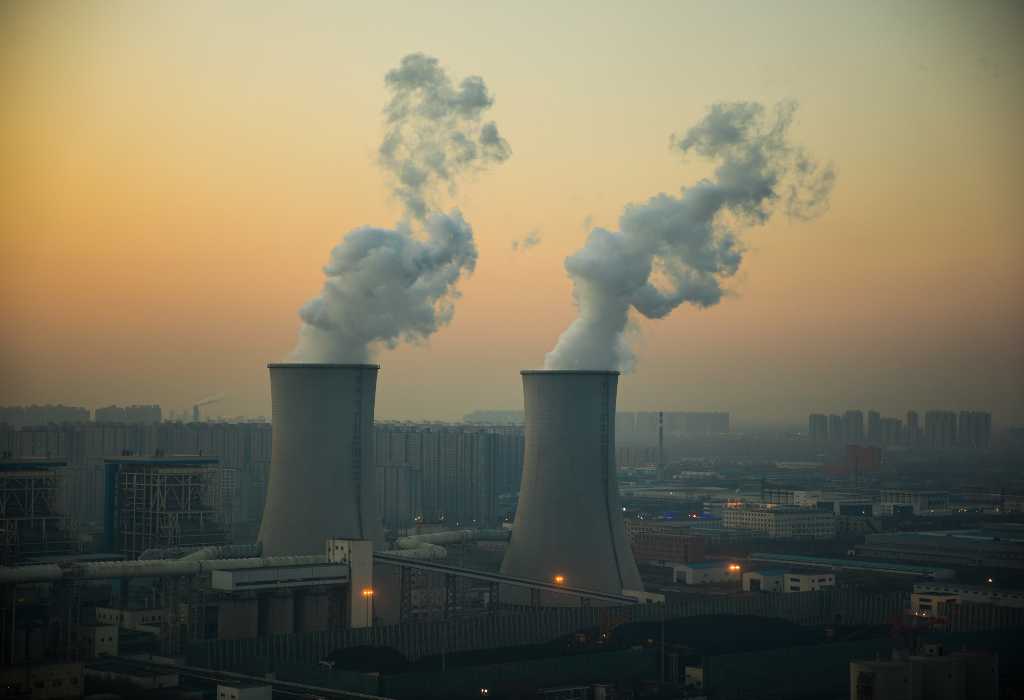By The Malketeer
Havas and the Perils of Progress: Navigating the Reputational Minefield of Fossil Fuel Contracts
The advertising and PR world is facing a serious reckoning.
Global communications giant Havas‘ recent warning about the reputational risks of servicing fossil fuel clients is a stark admission that the industry can no longer ignore the climate crisis.
In a prospectus filed as part of its plans to list on the Dutch stock exchange, Havas openly acknowledged that its work for controversial sectors like oil and gas, tobacco, and alcohol could lead to “significant negative publicity and corresponding reputational harm.”
When Public Perception Turns on Advertising Giants
This warning comes after Havas faced fierce backlash for winning a major media contract with Shell last year – a move that saw four of its agencies stripped of their coveted B Corp certification.
Havas’ disclosure is the latest sign that the communications industry’s ties to polluting clients are facing heightened scrutiny from the public, investors, and even regulators.
As the world grapples with the urgent need to address climate change, marketing and PR firms are being held accountable for enabling the continued dominance of fossil fuels through high-profile campaigns and slick greenwashing.
Risky Business
The Havas prospectus makes clear that the reputational dangers extend beyond just fossil fuels.
It warns that the “identity of its clients, including those in the… defence, tobacco, and alcohol sectors” could all trigger “negative publicity” based on how the public perceives those industries.
This echoes similar admissions from other ad giants.
In its 2023 sustainability report, Dentsu acknowledged that serving clients resistant to decarbonisation posed risks to its revenue and reputation.
Interpublic Group, meanwhile, has committed to reviewing the climate impacts of prospective clients in carbon-intensive sectors – though its existing fossil fuel contracts remain.
The communications industry’s struggles to reconcile its climate impact are not surprising.
A DeSmog investigation found that leading ad firms score highly on sustainability rankings used by ESG investors, yet these metrics overlook the industry’s role in perpetuating the climate crisis through its work for big polluters.
From enabling greenwashing to the threat of climate litigation, the advertising and PR world faces mounting financial and reputational risks.
Havas’ candid warning is a sign that the reckoning has arrived – and the industry must urgently reckon with its complicity.
A Greener Future
For communications firms, the path forward is clear: they must align their client rosters and creative output with the urgent need for climate action.
This means saying no to fossil fuels, tobacco, and other high-impact sectors, and committing to only work with clients that are genuinely transitioning to a sustainable future.
Yannick Bolloré, Havas’ CEO, has claimed the agency won’t engage in “any greenwashing whatsoever” as it works with Shell.
But the industry’s track record suggests otherwise.
Ratcheting up transparency, independent oversight, and meaningful climate commitments will be essential to rebuilding trust.
The writing is on the wall.
As the public, investors, and policymakers demand accountability, communications firms can no longer afford to ignore the reputational risks of high-carbon clients.
Embracing a greener future isn’t just good for the planet – it’s good for business.
MARKETING Magazine is not responsible for the content of external sites.










